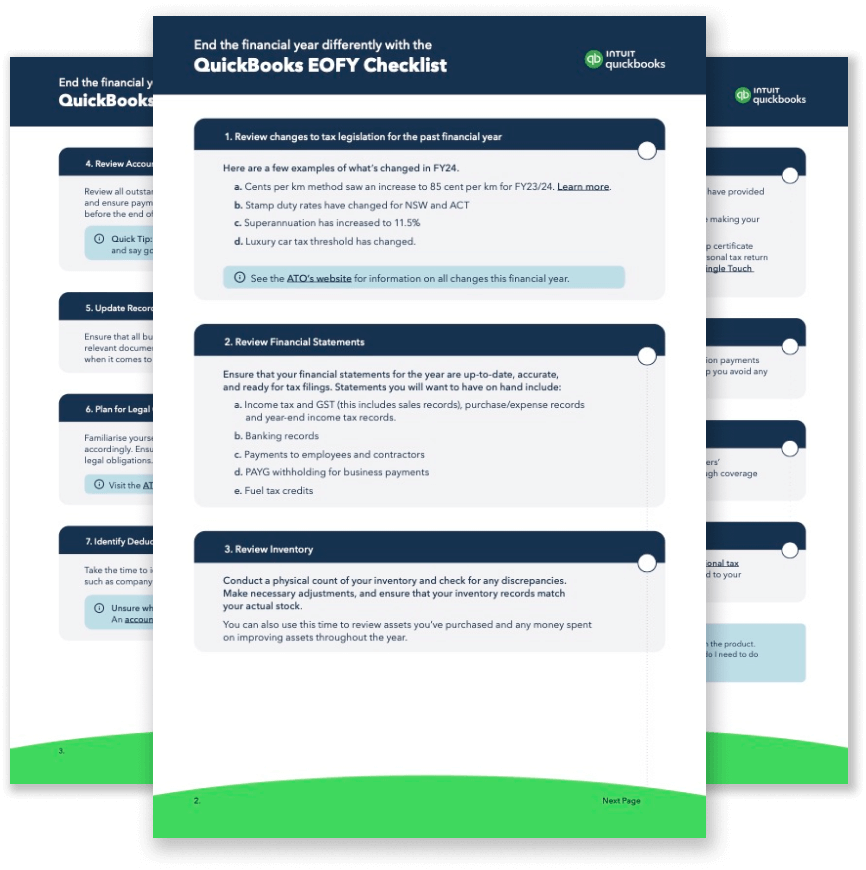What is Income Tax?
Income Tax Definition
Income tax is a tax on the income earned by individuals, businesses, and other types of entities. It is a direct tax, which means that the taxpayer pays the tax directly to the government based on the amount of income earned.
The purpose of income tax is to fund government operations and public services, such as education, healthcare, infrastructure, and defence. The tax rates are set by the government and are usually based on income levels, with higher rates applied to higher incomes.
When an individual or entity earns income, they are required to report it to the tax authorities and pay taxes on that income. In general, income is taxed on a net basis, which means that expenses and deductions can be subtracted from the total income earned in order to arrive at the taxable income.
The amount of income tax owed by an individual or entity can vary depending on a number of factors, including the applicable tax rates, the amount of income earned, and the deductions or credits available.
In most countries, income tax is collected by the government through a system of withholding tax. This means that employers and other payers deduct the appropriate amount of tax from an individual's income before it is paid to them. The withholding tax is then remitted to the government on behalf of the taxpayer.
There are different types of income that may be subject to income tax, such as:
- Earned Income: This is income that is earned through direct employment, such as salaries, wages, bonuses, tips, and commissions. This is the most common type of income subject to income tax.
- Investment Income: This refers to income earned from investments, such as dividends, interest, and capital gains from the sale of assets like stocks, bonds, and real estate.
- Rental Income: This refers to income earned from renting out real estate or other property.
- Self-Employment Income: Self-employment income refers to income earned through self-employment activities or owning a business.
The tax rates for each type of income may differ, and certain types of investment income, such as capital gains on long-term investments, may be taxed at a lower rate than earned income.
There are various deductions and credits that may be available to reduce the amount of income tax owed. These can include deductions for business expenses, charitable donations, and certain types of investment losses.
In some countries, the income tax system is progressive, with higher tax rates applied to higher income levels. This is designed to provide a more equitable tax system, where those who earn more pay a greater proportion of their income in taxes.
It's important to comply with income tax regulations and file accurate tax returns, as failing to do so can result in penalties and interest charges. Many countries require annual filing of tax returns, which detail the amount of income earned, deductions claimed, and tax paid.
In addition to the different types of income and deductions that may be subject to income tax, there are other important aspects of the income tax system, such as:
- Taxable Year: In most countries, income tax is calculated based on a fiscal year that may not coincide with the calendar year. A taxable year is a period of time, usually a year, for which income tax is calculated and paid.
- Filing Status: Filing status is the tax classification that determines the amount of taxes owed. The most common filing statuses are single, married filing jointly, married filing separately, and head of household.
- Tax Credits: Tax credits are a type of tax relief that reduces the amount of tax owed. Tax credits are generally applied directly to the amount of income tax owed.
- Penalties: Non-compliance with income tax laws can lead to penalties and fines. Penalties may apply for late payment, late filing, or underpayment of taxes.
- Tax Planning: Tax planning involves taking steps to reduce the amount of taxes owed by evaluating different income, deductions, and credits that may be available. It's important to consult with a tax professional to ensure that tax planning strategies comply with applicable tax laws.
The income tax system can be complex, and the rules and regulations may differ depending on the country or jurisdiction. It's important to understand the requirements and implications of income tax, and to comply with applicable regulations to avoid penalties and fines.









